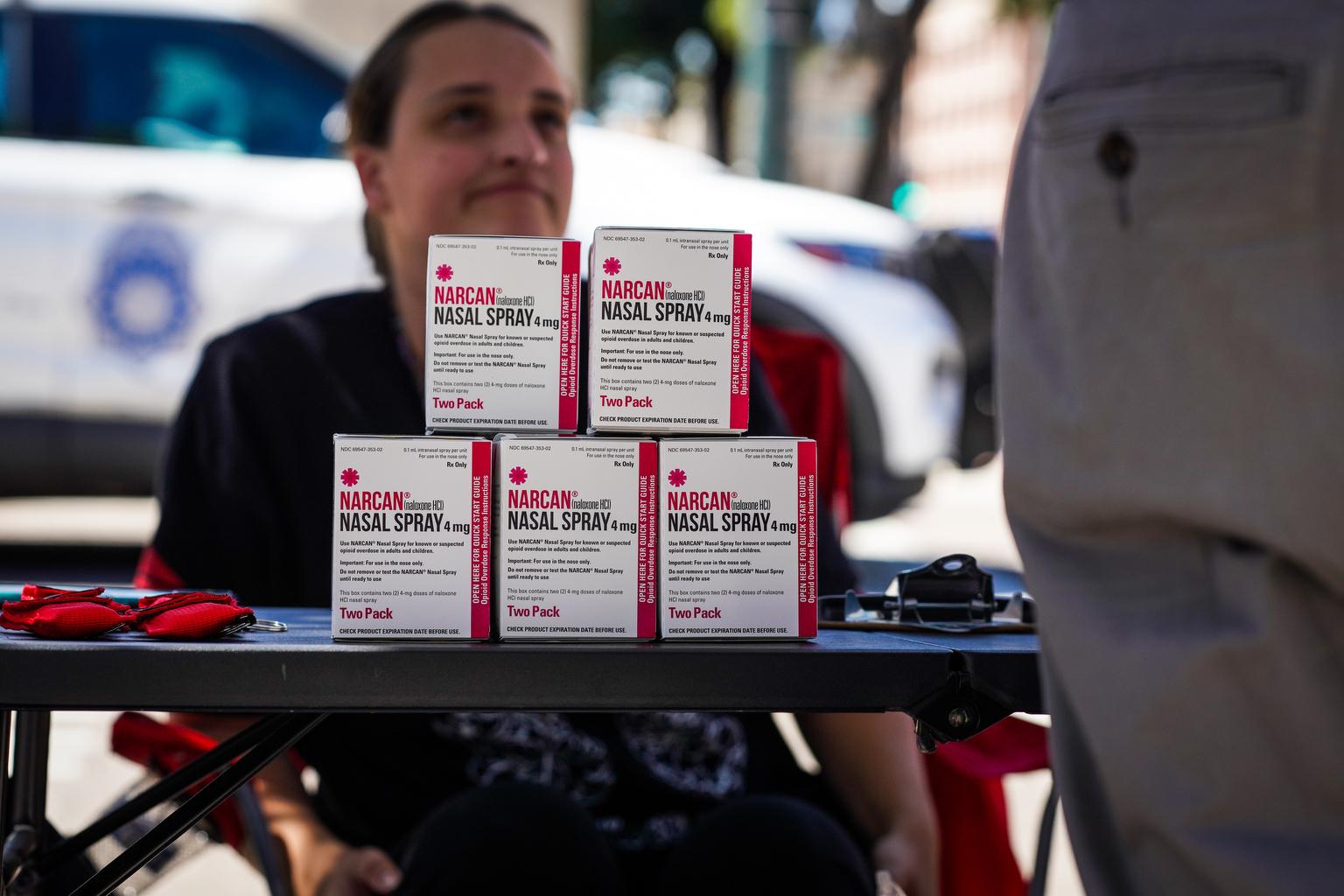
A new poll from a key Colorado health group finds the cost of health care, drug overdoses and mental health remain top issues for residents in the state.
But other issues trumped health concerns.
Nearly nine out of 10 Coloradans rated housing affordability (89 percent) and the rising cost of living (86 percent) as “very serious” problems, according to the 2024 Colorado Health Foundation Pulse Poll. Many (79 percent) called homelessness a serious problem.
A bipartisan team of researchers gathered responses from more than 2,400 Coloradans between May 20 and June 24 of this year. The poll is in its fifth year.
Coloradans also said other issues were extremely or very serious. Fifty-nine percent view crime, in general, that way, while similar percentages see jobs and the economy (57 percent) and illegal immigration (53 percent) as top concerns.
Sixty-eight percent said the cost of health care is a serious problem. Most Coloradans also view drug overdoses (65 percent) and mental health (59 percent) that way.
The overall rating from those who see mental health as a serious concern fell 10 percent from last year, according to the poll from the CHF, a statewide philanthropic group, though the percentage who think it’s a serious problem (27 percent) remains the same.
If you need help, dial 988 to reach the Suicide and Crisis Lifeline. You can also reach the Colorado Crisis Services hotline at 1-844-493-8255 or text “TALK” to 38255 to speak with a trained counselor or professional. Counselors are also available at walk-in locations or online to chat.
For those who faced mental health strain, more than four out of 10 reported postponing mental health care in the last year. That’s a “notable increase” from the 27 percent who said they’d postponed mental health care in the poll from 2023.
These Coloradans are more likely to feel mental health strain and delay treatment
The demographic groups most likely to have postponed mental health care included those on their parent’s insurance (55 percent), native Americans (48 percent), those with no insurance (46 percent), those who are LGBTQ (45 percent), and those ages 18-29 (42 percent).
Among those demographic groups also reporting delaying mental health care in high percentages included: those employed part-time, women 18-49, those with other employment, those on Medicaid, people who are unemployed or have been laid off, those renting from friends/family, Democrats ages 18-49, those renting form a large company, and those in a household with four or more people.
“Mental health may be a less top-of-mind concern for Coloradans this year, given all the other issues demanding their attention. However, the data show it remains a widespread challenge,” said Dave Metz, Democratic pollster for Pulse and president of FM3 Research.
“Three in five Coloradans (59 percent) report having experienced mental health strain in the past year, up slightly from 2023. And more than one-quarter say they have postponed mental health care,” Metz said in a press release from the Colorado Health Foundation. “But in this year’s survey, we also see some consensus around a potential solution: a clear plurality wants action taken to make it easier to cover mental healthcare through health insurance.”
The strain of mental health and isolation remained key factors across diverse demographics, according to the data.
Respondents were asked about the most important actions that could improve mental health or health care in the state. Four out of ten said “increasing the ability to use health insurance to pay for mental health services.”
Nearly 20 percent said, “increasing government funding and resources for local mental health services and facilities.”
Roughly the same percentage said “increasing government funding and resources for mental health prevention programs and services in communities.”






